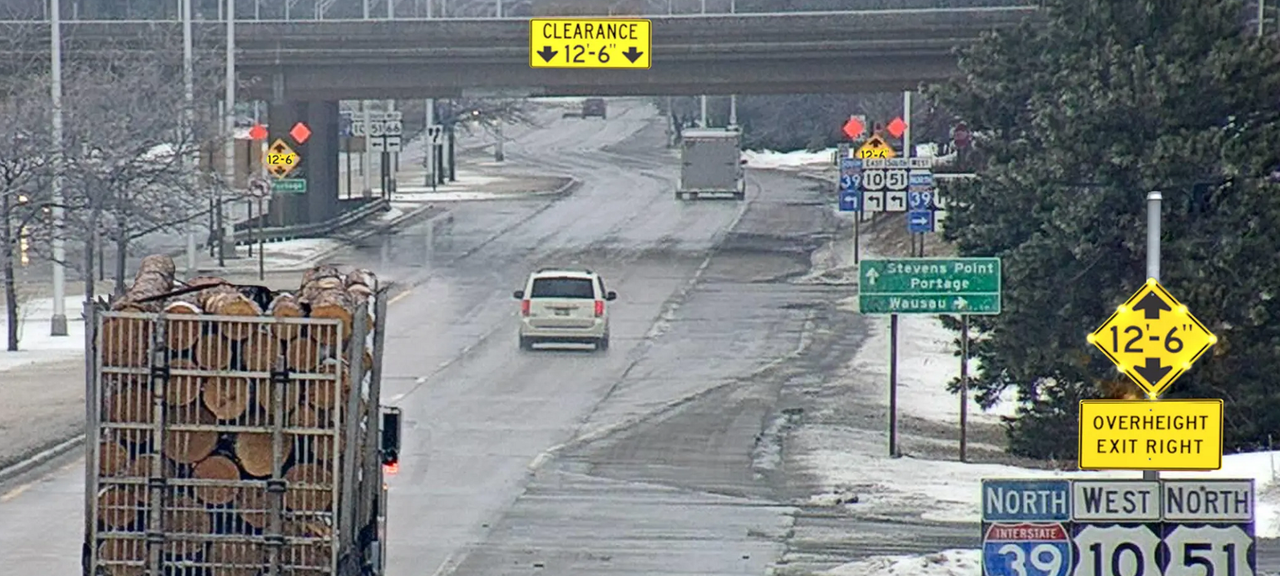Collisions between vehicles and low-clearance structures are incredibly dangerous and costly.
Understanding the specific attributes of a low-clearance structure that put it at higher risk of an overheight collision is a critical step in reducing such collisions.
Low Clearance Height
The risk of a collision goes up as structures’ clearance heights go down.
High Truck Traffic
If an area has high average daily truck traffic (ADTT), it is more vulnerable to overheight collisions.
History of Collisions
The more overheight collisions an area has experienced, the likelier it is that future collisions are imminent.
Type of Structure
Truss bridges are more susceptible to catastrophic failure when struck compared to girder bridges.
Age of Structure
After a collision, older structures are more likely to fail. At the same time, newer structures are investments worth protecting.
Lack of Alternative Route
Structures with long or zero alternative routes nearby for overheight vehicles to take are at greater risk of collisions.
While no nationwide database exists to track how many overheight collisions occur each year, an Alaska Department of Transportation (DOT) survey of 29 U.S. states found that 18 considered overheight collisions a significant problem.
Decrease these dangerous collisions by gathering as much information about risk factors and available safety solutions as possible.
Get tons of overheight collision insights in this comprehensive guide >
Kate Bert
TAPCO | Product Manager
Kate is a wrong-way alert and overheight warning systems expert dedicated to providing customers with innovative products, knowledge and guidance.
She has extensive experience in engineering, operations and product management and is passionate about collaborating with the team to develop lifesaving solutions to ensure safe travel for all users.
